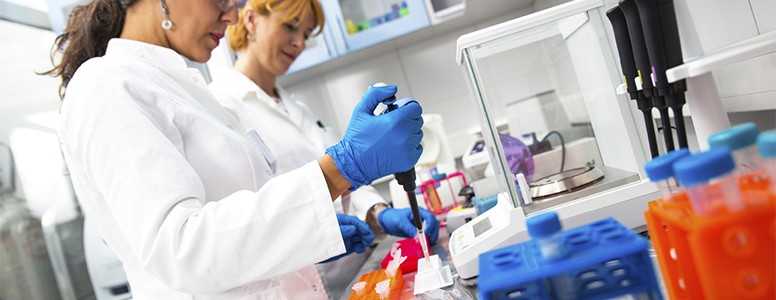The pioneering artificial pancreas has been ruled safe and effective for use in people with type 1 diabetes in a new review.
Greek researchers from the Aristotle University of Thessaloniki conducted an analysis of 40 studies, involving 1,027 participants, to assess the benefits of a closed-loop artificial pancreas system.
Closed-loop systems comprise of an externally worn insulin pump which communicates wirelessly to a continuous glucose monitor (CGM) worn as a patch on the skin. The CGM measures glucose levels and feeds this information into a small computer which calculates if any and how much insulin should be delivered.
The study team reviewed two types of artificial pancreas system and found they helped people with type 1 diabetes spend 10% more time within healthy blood glucose levels during a 24-hour period.
Additional benefits of artificial pancreas systems include reduced risk of nocturnal hypoglycemia, less invasive measures for blood glucose testing and more information regarding blood glucose trends throughout the day.
The researchers added, however, that more research should be carried out to ensure all groups of people who use the technology are trialled, including small children who are likely to hugely benefit from the technology.
“Artificial pancreas systems are an efficacious and safe approach for treating outpatients with type 1 diabetes,” said the researchers.
“The main limitations of current research evidence on artificial pancreas systems are related to inconsistency in outcome reporting, small sample size, and short follow-up duration of individual trials.”
Medical researcher Norman Waugh, from the University of Warwick, wrote an accompanying commentary about the study analysis. He said: “Patients with particular problems, such as hypoglycaemia without warning symptoms, could benefit more.
“For children, we need data on parents’ quality of life. We need a trial of the dual insulin and glucagon system in cystic fibrosis related diabetes, where pancreatic and hepatic damage impairs responses to both hypoglycaemia and hyperglycemia.”
The findings have been published in The BMJ.
What's new on the forum? ⭐️
Get our free newsletters
Stay up to date with the latest news, research and breakthroughs.




